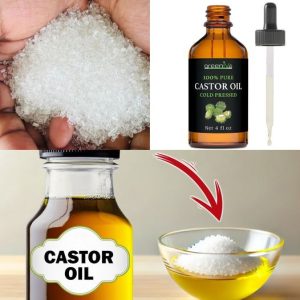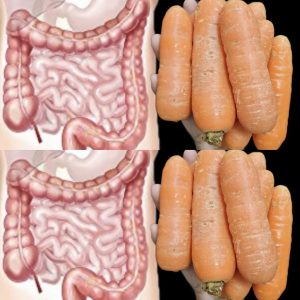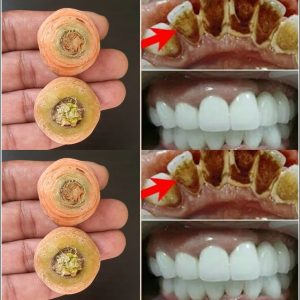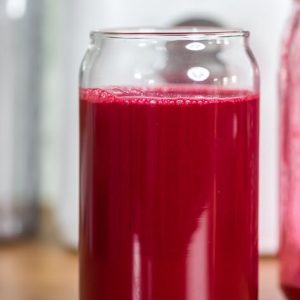Kidney stones are painful mineral deposits that form in the kidneys due to an imbalance of substances like calcium, oxalate, and uric acid. While dehydration is a major cause, your diet plays a crucial role in stone formation. Certain foods contain high levels of oxalates, purines, or sodium, which can contribute to kidney stone development. Knowing which foods to limit or avoid can help reduce your risk of this painful condition.
Some of the biggest culprits include foods high in oxalates, such as spinach, beets, and rhubarb. Oxalates bind with calcium in the kidneys, forming crystals that can turn into stones. Nuts, chocolate, and sweet potatoes also contain significant oxalate levels. While these foods have health benefits, consuming them in excess without proper hydration can increase the likelihood of stone formation.
Animal-based proteins like red meat, shellfish, and organ meats are high in purines, which break down into uric acid. Excess uric acid can lead to the formation of uric acid stones, a common type of kidney stone. Additionally, processed and salty foods—such as fast food, canned soups, and chips—can increase calcium buildup in the urine, another major contributor to kidney stones.
To reduce your risk, drink plenty of water and moderate your intake of these kidney stone-causing foods. Opt for a balanced diet rich in fruits, vegetables, and whole grains while avoiding excessive sodium, oxalates, and purines. If you’re prone to kidney stones, consult a healthcare professional for personalized dietary advice. Making small changes to your diet today can prevent painful kidney stones in the future!





